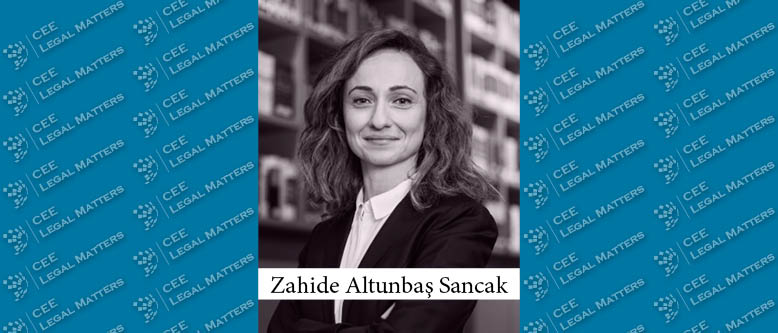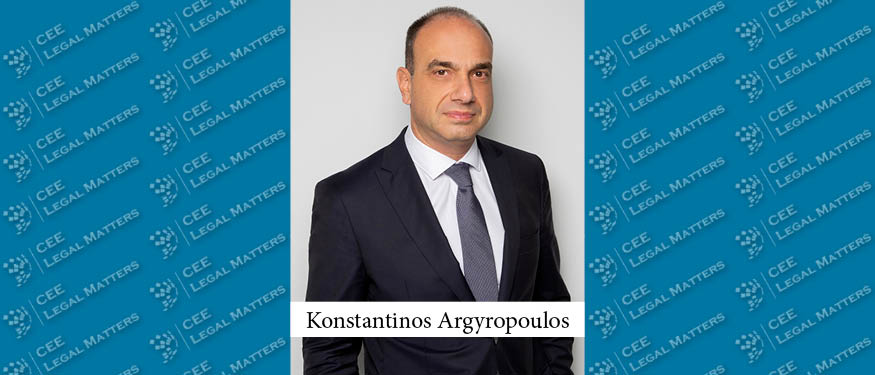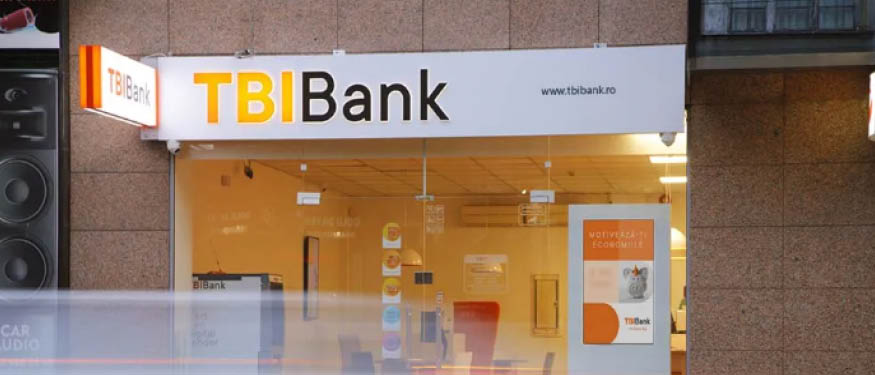Mergers and acquisitions (M&A) transactions are both legally and logistically complex. Tax planning is one of the key aspects in nearly all M&A transactions, especially in cross-border deals, as it can help to minimize the tax burden on both the buyer and the seller. Recent developments in Turkish tax law have introduced some new considerations for those transactions. In particular, the taxation of share premium and the end of tax-exempt corporate spin-off for immovable property will have a significant impact on M&A tax planning, potentially increasing the tax burden for the parties.
Share Premium Paid in 2022 Will Be Taxed as Corporate Income
Following the disastrous earthquake affecting Turkiye in February, the Turkish Government moved to adopt certain disaster relief measures and tax increases in order to increase the capability for disaster relief expenditure in the area. In this respect, Law No. 7440 including a variety of new fiscal provisions was published in the Official Gazette on March 12, 2023. Among the new rules in this omnibus law, the most controversial proved to be the adoption of a supplementary corporate tax for gains that are normally subject to tax exemptions and exclusions.
One of the normally tax-exempt items that will be taxed in accordance with Law No. 7440 is the share premium paid in 2022, which will be regarded as corporate income and be taxed from 5% to 10% for the purposes of the supplementary tax. While share premium is historically a controversial topic in terms of taxation in Turkiye, it is normally tax-exempt as it is seen not as corporate income, but merely a part of the company’s capital. This is also evidenced by the fact that it is specifically exempt from corporate income tax according to Corporate Income Tax Code No. 5520 and is likewise recognized as a part of capital in Turkish Commercial Code No. 6102 and Capital Markets Law No. 6362.
Moreover, the supplementary tax on share premium is also heavily criticized by tax professionals due to its unforeseeable and retroactive nature. The tax will be calculated including all share premium that is gained in the fiscal year 2022, meaning that a corporation that issued new shares with a share premium with a natural expectation of tax exemption will now have to pay the supplementary tax for the share premium in question.
The taxation of share premium in 2022 as corporate income tax is especially of note for venture capital companies and angel investors that acquired shares in Turkish companies, since capital increases with share premium are normally a highly preferred method of injecting liquidity into a company, and investors will have now found themselves in a situation where the target company will be liable to pay tax for their capital increases with share premium.
Corporate Spin-Off of Immovable Property Will No Longer Be Possible
Another major change in Turkiye’s tax landscape is the abandonment of the possibility for tax-exempt corporate spin-off of immovable property. Currently, corporations can spin off their immovable property by transferring it to a new corporation where it is registered as a capital contribution for the new corporation, effectively meaning that it is possible to spin off and transfer immovable property without the need to pay value added tax, title deed fees, or stamp duties during the transfer.
This also enables shareholders to spin off any immovable property they may want to exclude from a potential acquisition with little to no cost, which is an extremely tax-effective method of corporate restructuring in preparation for acquisitions. However, with Law No. 7456 published on July 15, 2023, it was provided that a tax-exempt spin-off of immovable property will no longer be possible from January 1, 2024.
With a relatively short timeframe until the law is effective, corporations that are planning to restructure in anticipation of a prospective acquisition or simply for organizational reasons will have a clear tax advantage if they can finalize their partial spin-off this year.
Conclusion
Recent changes in the Turkish tax landscape bring many questions and challenges, with a lot of their effects to be seen over time. However, one thing that is clear is that some of these changes will mean that tax planning remains an even bigger challenge to overcome for all parties involved in potential corporate transactions.
By Zahide Altunbas Sancak, Partner, Guleryuz Partners
This article was originally published in Issue 10.10 of the CEE Legal Matters Magazine. If you would like to receive a hard copy of the magazine, you can subscribe here.
















